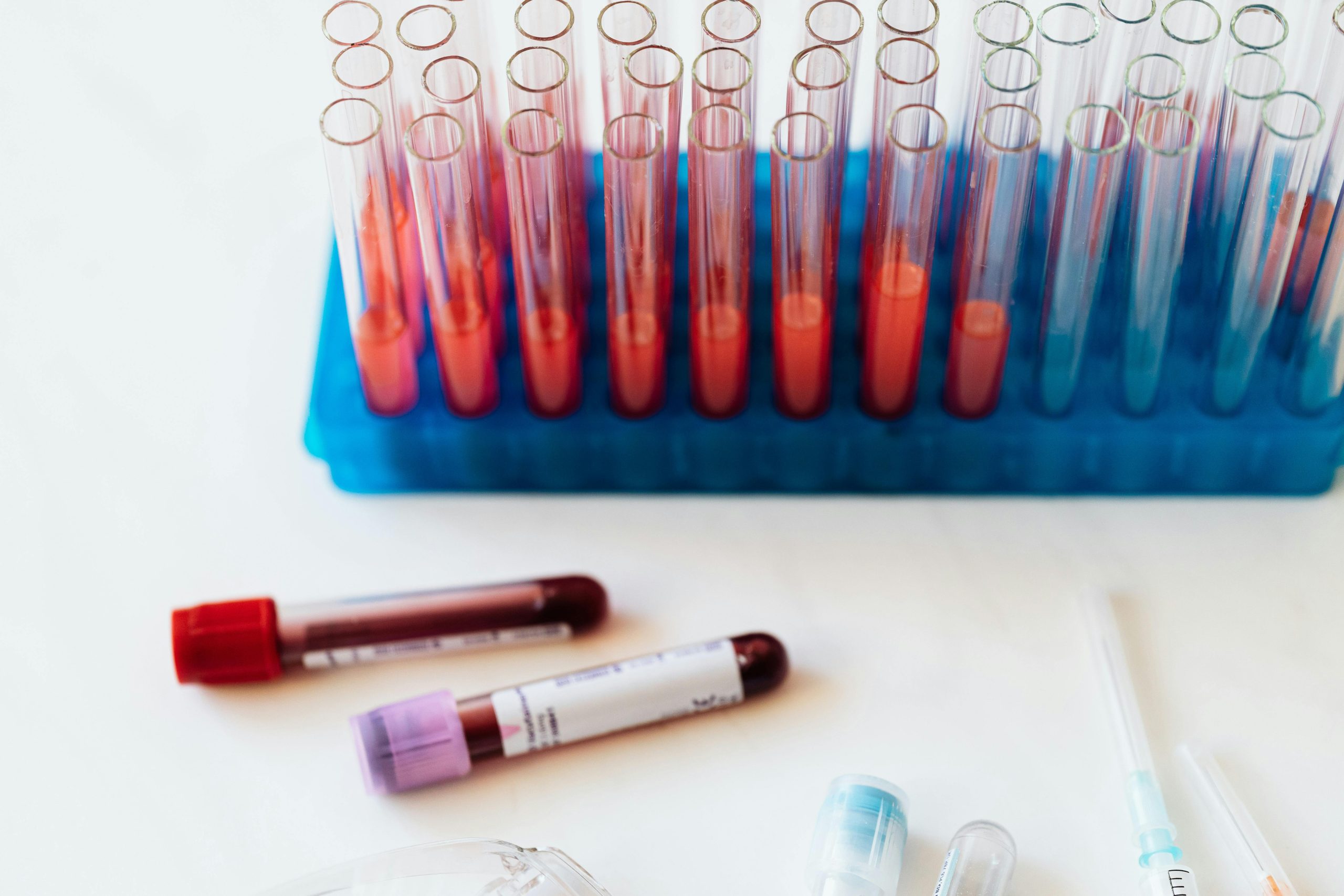Three Things You Should Know About Alzheimer’s Blood Tests
The internet is abuzz with claims that blood tests can predict dementia 15 years out—or even spot Alzheimer’s before symptoms set in.
The gold-standard methods for diagnosing Alzheimer’s have been lumbar punctures and PET brain scans, but they can be uncomfortable, expensive, or hard to access. That’s why scientists developed a range of new methods to help screen for and diagnose the disease at its earliest stages. One of these methods includes measuring protein biomarkers in the blood, which is designed to act as a non-invasive assessment of the brain.
Though there are many blood tests on the market right now, there are still some issues surrounding these tests that patients should be aware of when making sense of their results.
1. Alzheimer’s blood tests can’t give you a definitive Alzheimer’s diagnosis
The majority of blood tests for Alzheimer’s aren’t powerful enough yet to replace a lumbar puncture or amyloid PET scan. Many of the blood tests that you hear about on the news are used to screen patients for the disease, either ruling for or against the possibility of a person developing Alzheimer’s disease.
So far, only ALZpath Dx is marketing its blood test as a diagnostic tool. In a recent study, the accuracy of this blood test was comparable to the other gold-standard methods for making a diagnosis. However, there are still questions about how well this test will perform in the real world, as patients included in these studies might have had other diseases alongside Alzheimer’s, like high blood pressure or heart problems.
2. The tests aren’t standardized—and results will be hard to understand
If you take a blood test to check for blood sugar, vitamin deficiencies, or hormone levels, you know the tests come with standardized thresholds that can tell you whether or not you’re at risk of developing a disease or have some sort of deficiency.
But it is still early days for Alzheimer’s blood tests. Even with the same laboratory processes, each company will interpret your results differently. The companies have a slightly contrasting idea of what the healthy range for Alzheimer’s blood biomarkers should be.
3. After testing, there’s no clear protocol for what to do next
Most of the blood tests are only able to say whether a person is likely to develop Alzheimer’s at some point in the future. This could prove to be a problem for companies that offer their tests to people with no cognitive symptoms.
Consider that 25 percent of healthy older individuals develop the telltale amyloid plaques in the brain but never develop Alzheimer’s. If these individuals had their blood taken when they were in their 20s, 30s, or 40s, they too might have increased levels of Alzheimer’s biomarkers.
So far, there isn’t a lot of research about what high levels of these biomarkers might mean earlier in life or whether there is any way to use this information to reduce one’s risk of developing the disease.
